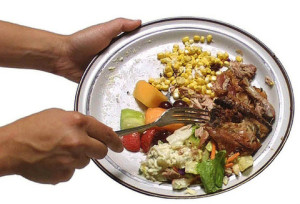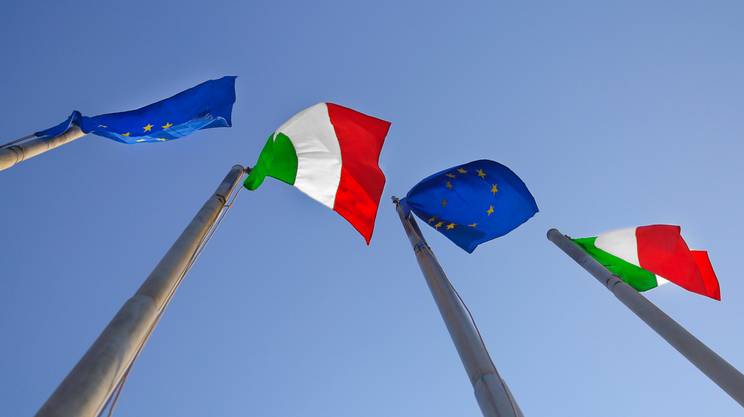According to EESC every year 89 million tons of food ends up in the trash in the EU
“Up to 30% of the total ends in waste, above all in times of crisis it is unacceptable”
 In a time of economic crisis with unemployment at the highest levels since postwar, while 79 million European citizens live below the poverty line and 16 million depend on food stamps, 89 million tons of food are left unused and end up thrown out in the trash every year. The European Economic and Social Committee (EESC) encouraged the EC to address this issue in the political agenda.
In a time of economic crisis with unemployment at the highest levels since postwar, while 79 million European citizens live below the poverty line and 16 million depend on food stamps, 89 million tons of food are left unused and end up thrown out in the trash every year. The European Economic and Social Committee (EESC) encouraged the EC to address this issue in the political agenda.
According to EESC it is important to implement an organized plan of action on a European level that combines EU and National measures to make the food supply and consumption chains more efficient and to confront the problem of waste as soon as possible. It is not just about food security and efficient use of resources but also about answering a more and more pressing social problem.
“This situation is unacceptable. Unfortunately the current crisis increased the number of those who depend on social assistance, but at the same time have reduced resources from food banks, even if the basic needs have grown drastically” declared Yves Somville (Various interests group, Belgium), public spokesperson for EESC on the theme ‘Prevention and reduction of food loss and waste.’ According to Somville “it is paradoxical, but in the EU up to 30% of food gets wasted in EU households, supermarkets, restaurants and along the food supply chain each year. We must take action to stop this situation.”
Some countries have initiated the practice of transferring products from the food retail sector and restaurants to food banks, initiatives on taxation, discharge of liability for donors or removal of administrative constraints. It is necessary, according to Somville, to create a platform to share and study good practices against waste.
The result of a study conducted in Italy by Last Minute Market and Alma Mater of Bologna University (Department of Science and Agro-Food Technology) is interesting – together with the Institute for Health and Consumer Protection of the Joint Research Center (scientific service of the EC) and the Karlsruhe for Technology. Based on behavior of Italian citizens it emerges that 14% throw food in the trash even 1-2 times a week, while 3% do it even more often. Bad judgment while purchasing at the supermarket, not conserving food correctly, or too much food cooked and not used later are the reasons for such large amounts of waste in rich countries, while in the poor ones people continue to die of hunger.
And all of this has an elevated cost: more than 6 out of 10 Italians waste up to 5 Euro every week (64%), 22.5% throw out food valued between 6 and 20 Euro, and 3% throw away more than 20 Euro a week – this equals out to at least 80 Euro a month.
Irene Giuntella










